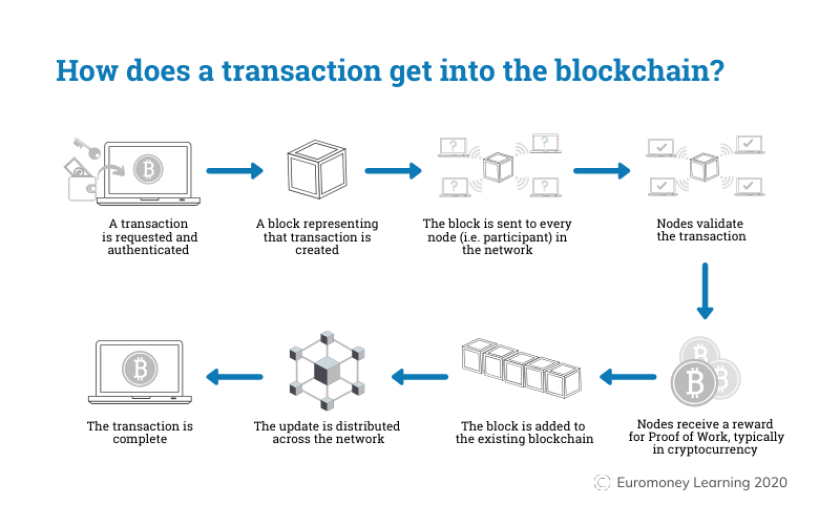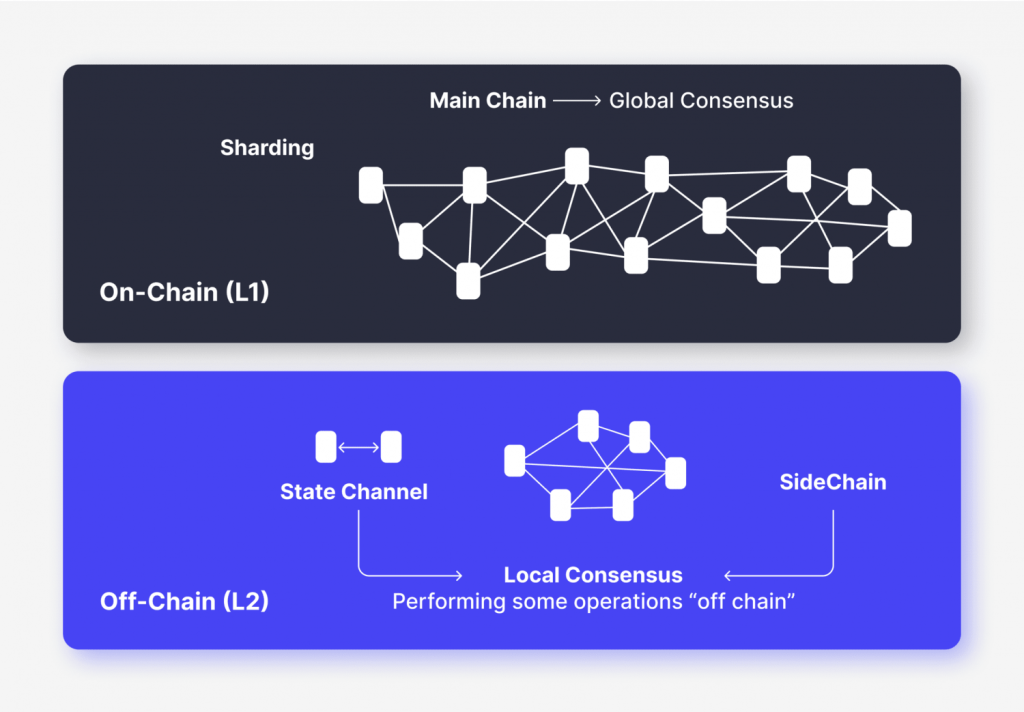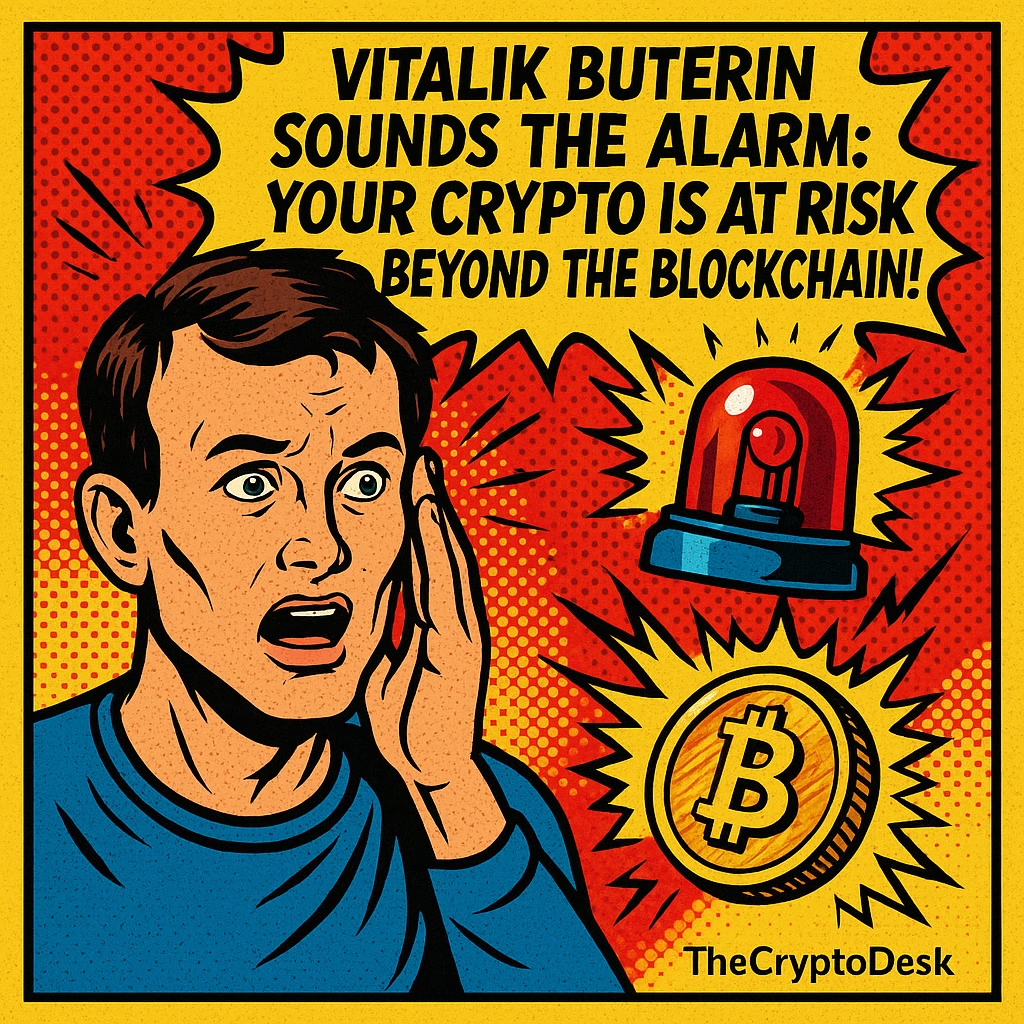In the ever-evolving landscape of blockchain technology, Vitalik Buterin, co-founder of Ethereum, recently shared a critical reminder that resonates deeply with crypto enthusiasts and investors alike. With blockchain’s impressive security track record, there’s an inherent belief that even a collusion of validators—up to 51%—would struggle to compromise users’ assets stored on-chain. Yet, the real concern arises when these validators are entrusted with off-chain tasks, exposing users to vulnerabilities that could easily be manipulated. Buterin’s insights invite us to consider: how secure are we really when our trust is extended beyond the blockchain’s immutable grasp?
Buterin articulated this warning poignantly on social media, emphasizing that while on-chain assets enjoy formidable protection against invalid transactions, this robustness dissipates whenever users trust validators with responsibilities outside the secure bounds of the blockchain itself. In essence, reliance on off-chain processes places users at the mercy of potential misbehavior or technical failures by these validators, highlighted by his recent tweet:
Regular reminder: A key property of a blockchain is that even a 51% attack *cannot make an invalid block valid*. This means even 51% of validators colluding (or hit by a software bug) cannot steal your assets. However, this property does not carry over if you start trusting…— vitalik.eth (@VitalikButerin) October 26, 2025
This poignant message uncovers a critical but frequently overlooked aspect of blockchain architecture—a boundary of security that cannot be crossed. On-chain funds remain protected by cryptographic measures that validators cannot easily subvert. This decentralized environment ensures that a majority of colluding validators cannot create invalid blocks to misappropriate user funds. Yet, this safeguard has limits.
When validators step into the realm of off-chain functions—like managing oracle data feeds, making governance choices, or overseeing restaking mechanisms—they transcend the safety net forged by the blockchain’s consensus algorithms. In these scenarios, the trust matrix shifts from algorithmic verification to the inherent integrity of validators. If a majority colludes, users can be misled with manipulated data, leaving them vulnerable to financial losses without any recourse provided by the blockchain.

The implications of this reliance on off-chain activities cannot be overstated. Traditional blockchain processes leverage a rigorous verification system that imposes tenfold computational effort compared to transactions, thus safeguarding assets effectively. Extending operations off-chain, whether through custodial wallets or centralized exchanges, often surrenders users’ assets to risks they may not fully comprehend. With this shift, the fundamental principles of trust and transparency are challenged. Users must grapple with whether they genuinely understand the layers of risk inherent in their transactions.

Buterin’s cautionary words serve as a wakeup call to the entire blockchain community. The architect of one of the most prominent blockchains persists in reminding us that safety lies in knowledge—even the most sophisticated protocols cannot shield users if they unwittingly engage in risky off-chain operations that override intrinsic protections. When queried about specific platforms like EigenLayer, Buterin affirmed their mechanisms for slashing violations using their token, offering some degree of security but still lacking the robust guarantees that on-chain validations afford.
Eigenlayer relies on slashing (for subjective criteria using its own token) for this exact reason— vitalik.eth (@VitalikButerin) October 26, 2025
The dialogue around Vitalik’s insights is closely intertwined with the critical evolution of privacy features on Ethereum. As the network strives to enhance user privacy, Buterin has introduced concepts like GKR, a cutting-edge cryptographic technology capable of executing calculations significantly faster while allowing for zero-knowledge proofs. This innovation fundamentally challenges blockchain’s traditional transparency, striving to offer private transactions without sacrificing the verification that ensures protection from off-chain manipulations.
❓️ Imagine if your bank account had a public URL. That’s the reality of crypto today, and why it “will never scale beyond a niche,” says Petro Golovko.#Crypto #Blockchain #Privacy https://t.co/qQJ1BJInWt— Cryptonews.com (@cryptonews) August 25, 2025
This move towards privacy is both promising and paradoxical. How can strict transparency co-exist with a need for discretion? Buterin’s advocacy for privacy-enhancing technologies balances these conflicting demands, promising to secure transaction veracity while simultaneously shielding sensitive financial details.
As we watch these developments unfold, one thing becomes clear: the conversation around blockchain security is more nuanced than it appears. The future undoubtedly holds greater innovation, yet users must remain vigilant and informed. Understanding the limitations of off-chain trust, embracing new privacy tools, and recognizing the blockchain’s core strengths may be the keys to navigating an increasingly complex financial landscape.
In conclusion, as we step forward into this exciting new era of blockchain technology, let’s not forget Vitalik Buterin’s vital reminders. The strength of decentralized systems lies not just in their architecture but in our collective understanding of how to navigate wisely within their ecosystem. What steps are you taking to ensure your assets remain secure?
